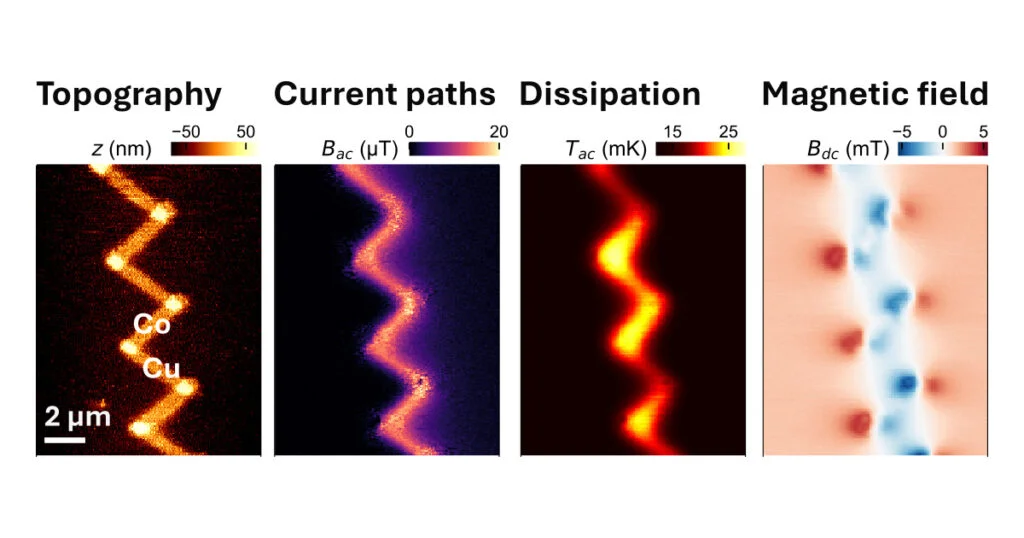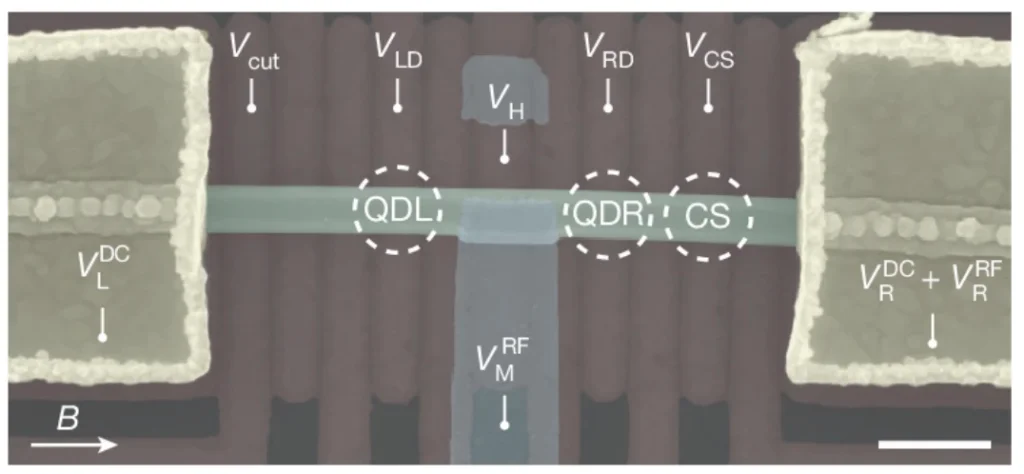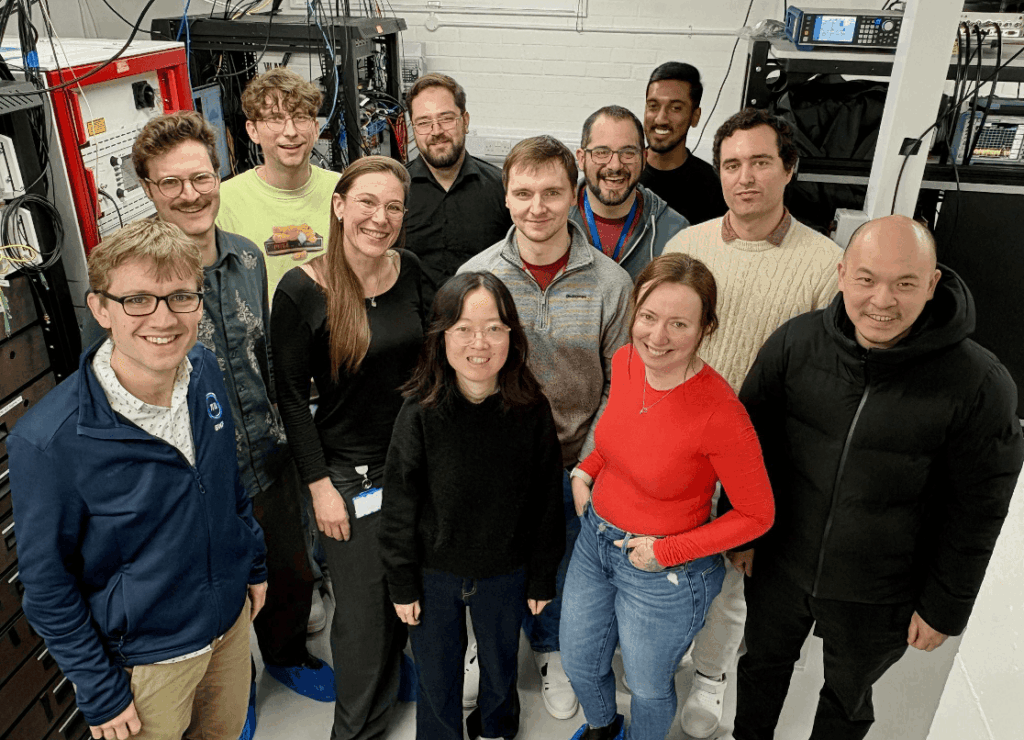
Fraunhofer’s Centre for Applied Photonics (CAP) in Glasgow, part of Fraunhofer UK, is leading an ambitious, collaborative drive to make quantum technology (QT) easier to adopt, according to a company news release.
The project – QT Assemble – will address the challenges of size, weight, power and reliability through the use of innovative assembly processes such as waveguide writing, nanoscale alignment and monolithic integration.
Fraunhofer CAP will work in partnership with 13 organizations from across the UK: the University of Strathclyde, INEX Microtechnology, the University of Southampton, PowerPhotonic Ltd, Gooch & Housego (Torquay) Ltd, Photon Force Ltd, ColdQuanta UK Ltd, UniKLasers Ltd, Covesion Ltd, RedWave Labs Ltd, Caledonian Photonics Ltd, Alter Technology Tuv Nord UK Ltd and AegiQ Ltd.
The aim is to enable the wider adoption of QT by producing miniature, integrated devices such as lasers and photon sources, detectors and sources of cold atoms.
The project is analogous to the challenge that electronics faced in moving from large discrete components, such as valves, to thumbnail units with ubiquitous applications.
As well as widening opportunities in existing markets, such as navigation and situational awareness, communications and computing, the group hopes its work will open up new markets.

The project is funded by the UK Quantum Technologies Challenge led by UK Research and Innovation. It is part of a wider package delivered through the UK National Quantum Technologies Programme which is set to make a £1 billion investment over its lifetime.
“This collaboration will revolutionize quantum technology and take it to another level of practicality” Simon Andrews, Executive Director of Fraunhofer UK Research said. “That sheer scale of the dimensions with which we’re working is extremely exciting and we’re delighted to be part of creating an advanced supply chain for a key technology which plays an increasingly significant role in our everyday lives.”
Roger McKinlay, Challenge Director for the UK Quantum Technologies Challenge added that the team is positioned to achieve its goals.
“This is an outstanding team with – in Fraunhofer CAP – a skilled leader,” McKinlay said. “The assembly and integration processes addressed by this project are not only essential for the creation of new quantum products but are rich in the know-how through which the UK will establish a strong internationally competitive position.”
If you found this article to be informative, you can explore more current quantum news here, exclusives, interviews, and podcasts.
















